14 abril 2016/ Fuente: http://noticiaaldia.com/
Educación, sanidad, ingresos, satisfacción con la vida: los niños distan de ser iguales en los paísesricos y las diferencias se agudizan en varios de ellos entre los más desfavorecidos y los demás, según un informe de la UNICEF publicado este jueves.
“Los avances para reducir las desigualdades de bienestar entre los niños son bastante pequeños”, destaca el informe del centro de investigación Innocenti de laUNICEF, que propone una clasificación de estas disparidades en 41 países de la OCDE y de la Unión Europea.
En numerosos países, “la brecha se ha agrandado entre los niños más desfavorecidos y sus parees desde los años dos mil”, subraya este “Balance Innocenti 13” redactado por John Hudson y StefanKühner, que describe una situación con tendencias globales decepcionantes.
“Ningún país ha logrado realmente reducir la diferencia en materia de problemas de salud señalados por los menores” (dolores de cabeza, espalda, vientre, insomnios…). Las desigualdades se han acentuado incluso en 25 país, con aumentos considerables en Irlanda, Malta, Polonia y Eslovenia.
Entre los adolescentes, “las disparidades entre los sexos están extendidas y son persistentes” en materia de salud y las niñas corren mayor riesgos de ser dejadas de lado. En diez países, estas disparidades han aumentado.
En educación, “muy pocos países han conseguido reducir a la vez la diferencia de éxito y el número de alumnos con dificultades de lectura”. Antaño ejemplares, Finlandia y Suecia han visto como aumentan las desigualdades y baja el nivel de éxito.
En todos los países de la OCDE, los menores más desfavorecidos sufren un retraso equivalente a tres años de escolarización en lectura en relación con el “niño medio”. En un país como Francia, “la brecha entre los resultados de los alumnos en función de su medio social es muy importante”, según el informe.
– Insatisfechos con sus vidas –
En Chile, México, Bulgaria y Rumanía, casi una cuarta parte de los alumnos de 15 años carecen de las aptitudes y competencias necesarias para resolver ejercicios básicos de lectura, matemáticas y ciencias, algo “particularmente alarmante” para la UNICEF.
Consecuencia de la crisis, en 19 de los países examinados, entre ellos España, Grecia, Italia y Portugal, o bien México, Israel o Japón, los niños más pobres no llegan a la mitad de ingresos del niño medio de sus países.
En cuanto a la diferencia de “satisfacción en la vida”, aumentó en más de la mitad de los países, sobre todo en Bélgica, España y República Checa.
En Alemania, España, Estados Unidos, en Islandia, Irlanda e Italia, los hijos de la inmigración señalan un nivel de satisfacción con sus vidas menor que los otros.
Otro tanto las chicas en general. Cerca de un 30% de francesas de 15 años se muestran insatisfechas con sus vidas, contra un 14% de chicos.
En el apartado de las buenas noticias, las desigualdades en la práctica de una actividad física y en materia de malas costumbres alimentarias han disminuido en la mayoría de los países ricos.
Ciertos países con índices de hándicap educativo más altos (Chile, México, Rumanía…) registraron una fuerte disminución de las diferencias de éxito y un alza del nivel general de competencia.
Los países bálticos, por su parte, redujeron las desigualdades de satisfacción de los niños con respecto a sus vidas. En otros, como Finlandia o la República Checa, las diferencia de ingresos se redujeron entre 2008 y 2013.
El informe se basa en los datos más recientes disponibles, que varían según los países, de 2007 a 2014.
Una conferencia organizada por la UNICEF, “Más igualdad para los niños”, reúne este jueves a expertos internacionales en París.
Fuente de la Foto:
http://www.zocalo.com.mx/seccion/articulo/las-desigualdades-infantiles-aumentan-en-varios-paises-ricos-segun-unicef-1
Fuente de la Noticia:
http://noticiaaldia.com/2016/04/las-desigualdades-infantiles-aumentan-en-varios-paises-ricos-segun-unice

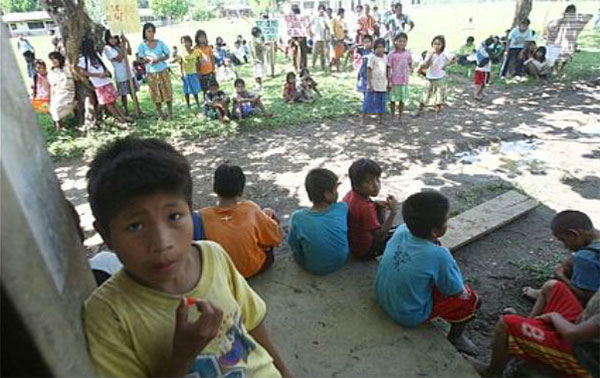
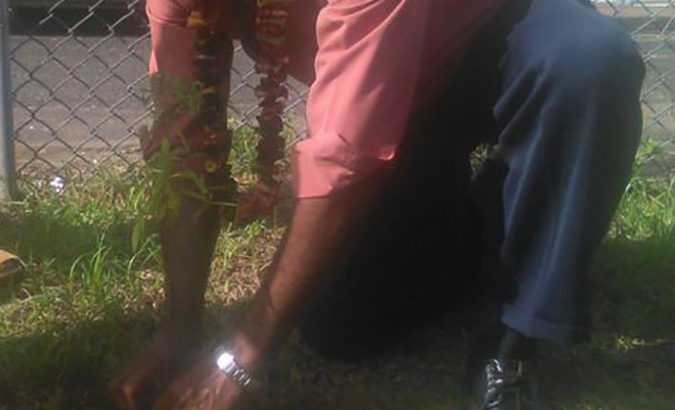
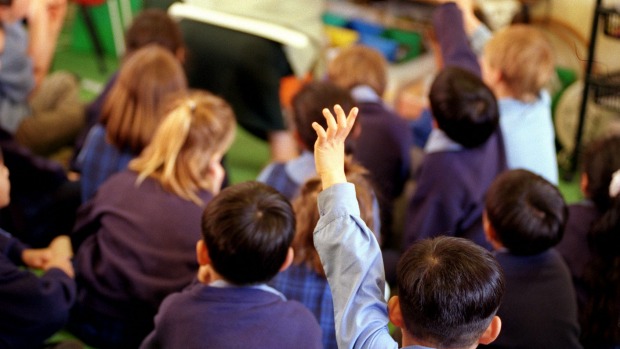

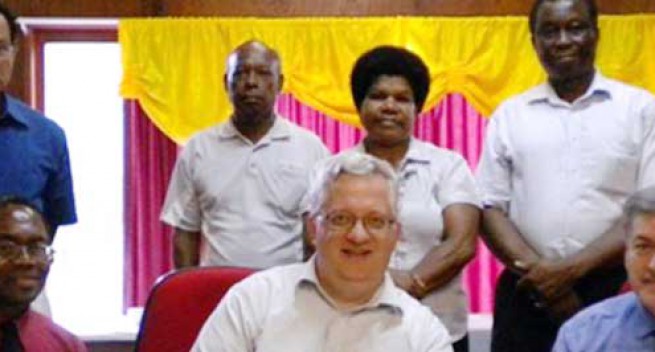
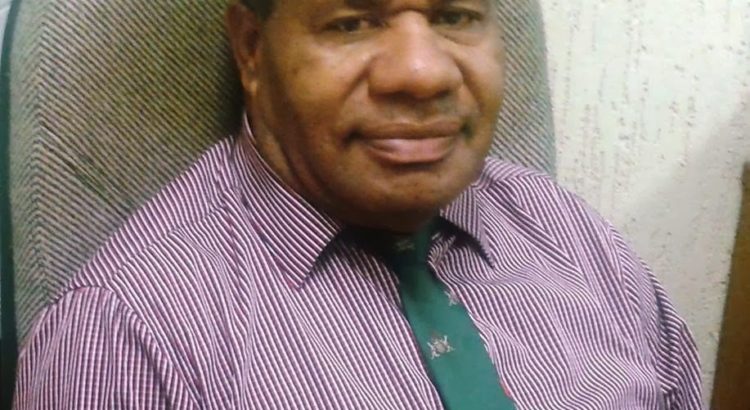






 Users Today : 302
Users Today : 302 Total Users : 35459897
Total Users : 35459897 Views Today : 482
Views Today : 482 Total views : 3418454
Total views : 3418454